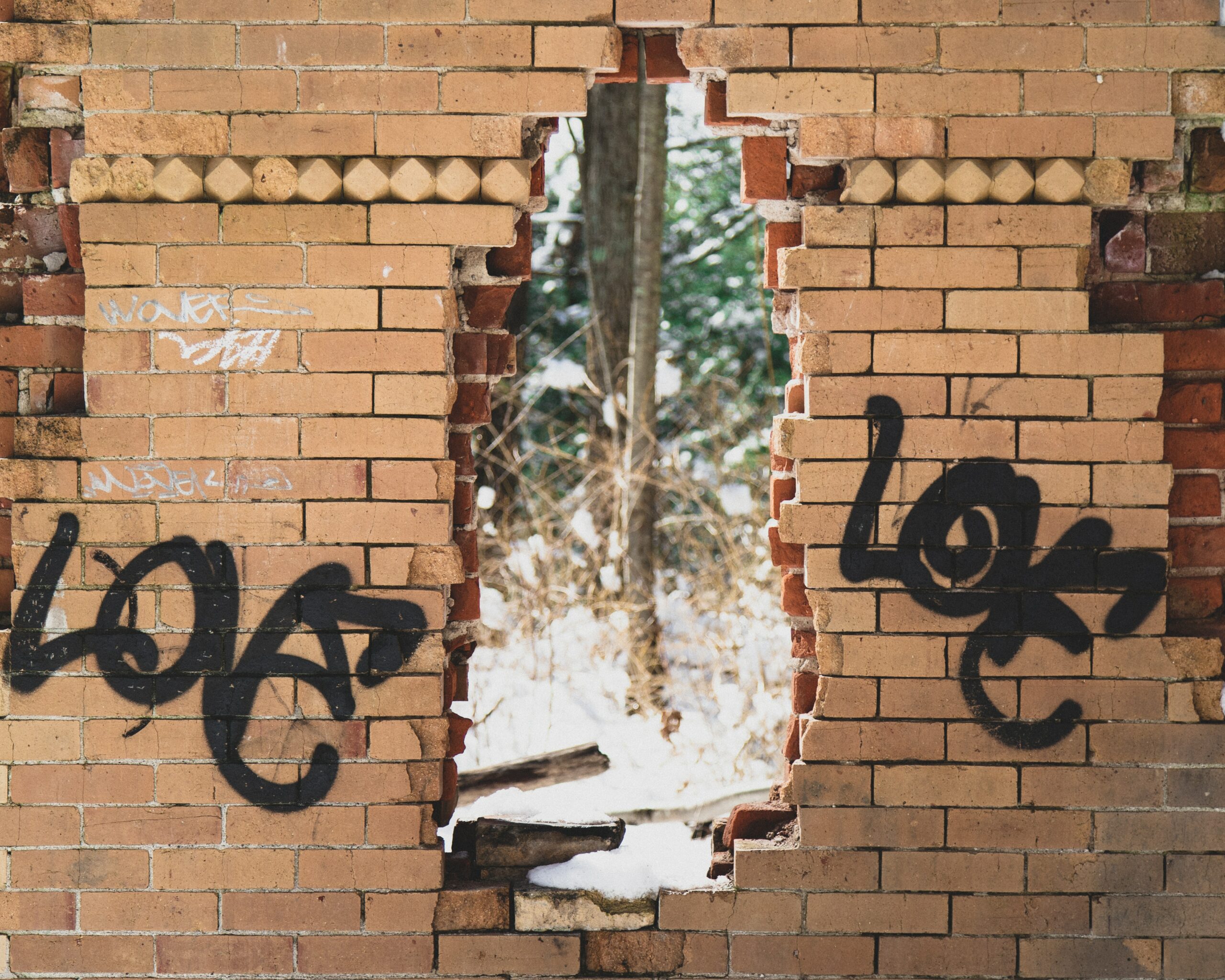Blessed are the peacemakers, for they will be called children of God (Matthew 5:9).
Walls and the Paradox of Stability
Religion stabilizes our lives by giving us an identity. It helps us know who we are and who we are not. Walls enclose sacred spaces in which beliefs, traditions, and rituals not only order reality in a meaningful way; they clarify with whom we belong and, by implication, with whom we do not.
At the same time, religion destabilizes our lives, transforming and moving us from familiar places and identities to embrace newness, including new people. No wall that defines us stands forever. Love wears down walls.
Where did Jesus stand?
We live in creative tension between the stability of identity and the instability of transformation. One would assume that Christ stood in the middle, equally upholding identity and transformation.
He did not. He leaned hard into transformation. Challenging the status quo, Jesus preached that the first will be last and the last, first. He subordinated the religious rules to their true purpose to create a stable community of love that supports the vulnerable and welcomes strangers. Identity was a byproduct of that, and he defied religious authorities when they they gave exclusion priority over that. He called outsiders first class and told gatekeepers they had no class at all.
Not that he abandoned stability and identity altogether. He offered his life and teaching as the fulfillment of time-honored scripture, and he frequented Jerusalem’s Temple and hinterland synagogues. But he identified himself with the greatest commandment – to love God with all one is and the neighbor as the self – and love brooks no barrier long.
After two millennia, the critical moment remains: The risen Christ dwells with us. So do insiders and outsiders. We erect walls, and religion cannot fairly assume all the blame. Economic barons construct great walls as did Roman governors. Every culture suffers PTSD from historical intrusions and abuses, leaving a legacy of suspicion toward outsiders.
The Power of Religion for Peace
With its creative tension between stability and transformation, religion has so much to offer. Religion often fails, accommodating the powers that divide rather than speaking peace to them. How fashionable now to reject religion for its failures.
And how blind to do so. Frightened by memories, we close our eyes to Christ among us, still suffering, still frequenting sacred spaces and back streets alike, still teaching, still loving. Christ still crosses waters to heal madmen, still calls down fools from trees to share a meal, still walks through the doors of death to reconcile us after all the damage we have done. It happens every day right under our noses. The story is far from over.
Walls that define us also confine us. But the God who sets us free defines us as “a light to the nations” (Isaiah 49:6). We are defined not by the walls but by the light that shines through the breaks, the path we make to welcome and to reach out. There we find Christ, and only with Christ do we discover who we are.
Related Posts
Crossing a Line for Love
Peacemaker in the Family: A Salute and a Challenge
Three Dimensions of Peace and Peacemaking
Building the Bridge Across Loneliness
Pharoah’s Daughter: A Heroine of Peacemaking
Image by Connor Misset on Unsplash, Public Domain.
This post is a modification of the version originally published February 2, 2015.


Well said. I love the phrase, stability of identity and the instability of transformation . We are so defined by the light through the cracks…..
Yes, the light from beyond us that guides us into the open spaces and open arms….
I always like Leonard Cohen’s line: “There is a crack in everything, that’s how the light gets in”
Thank goodness we’re all cracked somewhere!